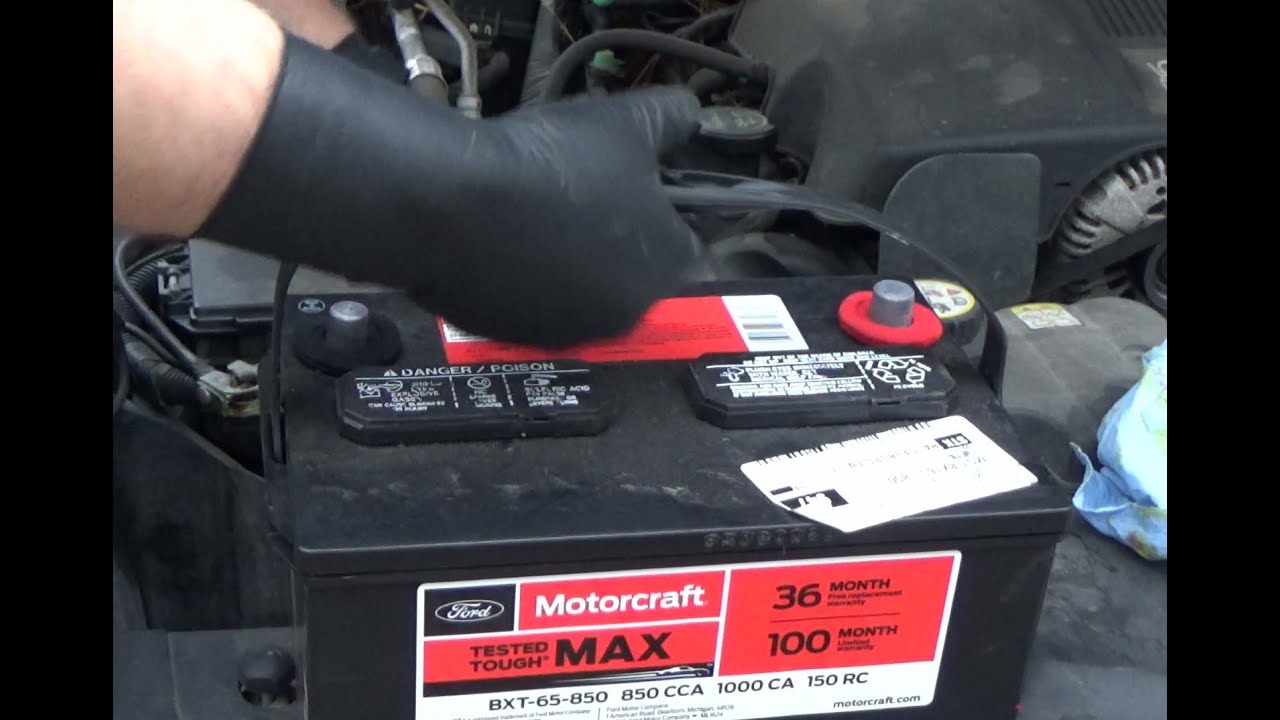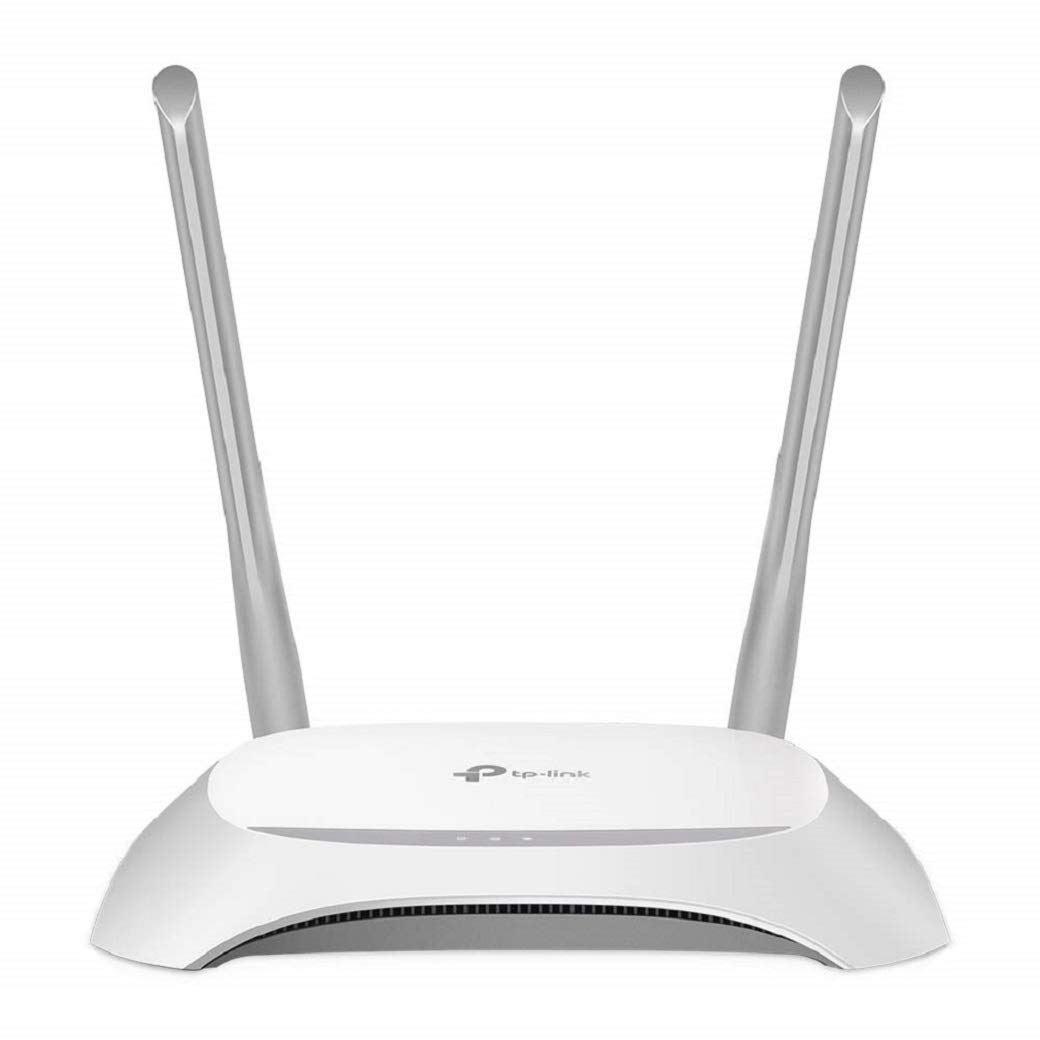In the ever-evolving landscape of renewable energy, finding the best lithium battery for solar systems has become essential for homeowners, businesses, and industries aiming to achieve energy independence and sustainability. With solar adoption growing rapidly, 2025 promises significant advancements in lithium battery technology—making it the perfect time to explore which products truly stand out.
Why Lithium Batteries Dominate Solar Energy Storage
Superior Energy Density
The best lithium battery options on the market are renowned for their exceptional energy density. This means they can store more energy in a smaller footprint compared to alternatives like lead-acid or AGM batteries.
Longer Lifespan
When choosing solar storage, longevity matters. Lithium batteries offer far more charge and discharge cycles—often surpassing 6,000 cycles—making them a cost-effective and reliable investment over time.
Efficient Charging and Discharging
The best lithium battery for solar systems offers rapid charging and efficient discharging. This ensures your solar panels can quickly store and deliver energy when needed, maximizing the system’s overall efficiency.
Key Features to Look for in the Best Lithium Battery
Battery Capacity and Scalability
Capacity determines how much energy you can store, while scalability ensures your system grows with your energy needs. In 2025, the best lithium battery units offer modularity—allowing easy upgrades without replacing the entire system.
Depth of Discharge (DoD)
The DoD measures how much of the battery’s capacity can be used before needing a recharge. Top-tier lithium batteries often offer up to 90-100% DoD, maximizing usable power and reducing waste.
Cycle Life and Warranty
With the best lithium battery solutions, you should expect a minimum 10-year warranty and 6,000+ cycles. Reliable brands stand behind their products with strong support and service guarantees.
Top Benefits of Lithium Batteries in Solar Applications
Reduced Maintenance
Unlike flooded lead-acid batteries, lithium batteries require virtually no maintenance. Their sealed design means no water refilling or acid balancing is necessary.
Lightweight and Compact
The best lithium battery is often one-third the weight of its lead-acid counterparts. This makes them easier to install and better suited for tight spaces or off-grid setups.
Enhanced Safety
With built-in Battery Management Systems (BMS), lithium batteries regulate temperature, voltage, and current—ensuring optimal safety and performance under various environmental conditions.
2025 Comparison: Best Lithium Battery Brands for Solar Systems
1. Tesla Powerwall 3
Tesla continues to lead with the Powerwall 3, designed for both home and commercial use. It delivers a 13.5 kWh capacity with excellent energy efficiency and real-time monitoring via the Tesla app.
Key Specs
- Capacity: 13.5 kWh
- Warranty: 10 years
- DoD: 100%
- Smart integration: Yes
2. MANLY Battery
An emerging leader in the Australian market, MANLY Battery offers highly reliable, scalable lithium solutions for residential and industrial solar systems. Their products are engineered for rugged performance with minimal degradation.
Key Specs
- Capacity: Customizable
- Warranty: Up to 12 years
- DoD: 90-100%
- Modular design: Yes
3. LG RESU Prime
The LG RESU Prime series is compact, wall-mounted, and integrates smoothly with most hybrid inverters. With a sleek design and proven track record, it remains a go-to option in 2025.
Key Specs
- Capacity: 9.8–16 kWh
- Warranty: 10 years
- DoD: 90%
- Efficiency: 95%
4. BYD Battery-Box Premium
Chinese powerhouse BYD continues to innovate with their Battery-Box Premium series, suitable for both single- and three-phase systems. Its modular stackable design is ideal for growing families or expanding businesses.
Key Specs
- Capacity: Scalable from 5.1 to 22 kWh
- Warranty: 10 years
- DoD: 95%
- Compatibility: Broad inverter support
5. Sonnen EcoLinx
Sonnen brings intelligence to energy storage with EcoLinx. Built for smart homes, this system integrates with IoT and energy automation platforms.
Key Specs
- Capacity: 10–20 kWh
- Warranty: 10 years
- DoD: 90%
- Smart home compatible: Yes
How to Choose the Best Lithium Battery for Your Needs
Off-Grid vs. Grid-Tied Systems
Your solar setup dictates battery requirements. For off-grid systems, prioritize capacity and autonomy. For grid-tied setups, look for batteries that offer backup power and peak shaving capabilities.
Budget and ROI
The best lithium battery isn’t always the most expensive. Calculate ROI based on energy savings, lifespan, and maintenance costs over time. High-quality batteries tend to pay for themselves within 7-10 years.
Compatibility with Inverter
Ensure the battery is compatible with your existing or planned inverter system. Some lithium batteries are optimized for specific inverters, offering smoother integration and better performance.
Lithium Battery Safety Standards and Certifications
IEC and UL Certifications
In 2025, the best lithium battery products comply with global standards like UL1973, UL9540, and IEC 62619. These certifications validate safety in residential and commercial environments.
Built-in BMS (Battery Management System)
A top-performing lithium battery includes a BMS to prevent overcharging, overheating, and deep discharging—critical for longevity and safety.
Innovations in Lithium Battery Technology (2025 Outlook)
Solid-State Lithium Batteries
Solid-state batteries are poised to redefine the market with even higher energy density, faster charging, and improved safety. They’re still emerging but show strong commercial promise by late 2025.
AI-Integrated Energy Management
The best lithium battery systems now integrate with AI-powered energy platforms to automate energy usage based on tariffs, weather patterns, and usage trends.
Second-Life Lithium Batteries
Eco-conscious consumers are exploring second-life lithium batteries repurposed from EVs. These offer a lower-cost alternative with decent performance, ideal for non-critical backup needs.
Environmental Impact of Lithium Batteries
Sustainable Manufacturing
Manufacturers are adopting greener production techniques—reducing water use, sourcing ethically mined lithium, and incorporating recycled materials into battery cells.
Recycling and Reuse
The best lithium battery providers are also industry leaders in recycling. Programs now exist to recover over 90% of lithium, cobalt, and other rare earth elements from used batteries.
Case Study: Homeowner Solar System in Brisbane
A family in Brisbane installed a 10kW solar panel system paired with MANLY’s lithium battery. Over 12 months, they reduced grid dependency by 85%, saving over AUD $2,400 annually.
System Specs:
- Battery: MANLY 10kWh
- Inverter: Fronius Hybrid
- ROI: ~6.8 years
Common Myths About Lithium Batteries in Solar Storage
Myth 1: They’re Unsafe
Modern lithium batteries with BMS and international certifications are extremely safe for home and business use.
Myth 2: They’re Too Expensive
While upfront costs are higher, the long lifespan and minimal maintenance make lithium batteries a financially sound choice in the long term.
Myth 3: All Lithium Batteries Are the Same
Not all lithium is equal. The best lithium battery options use LiFePO4 chemistry, known for superior thermal stability and cycle life.
Future Trends to Watch
- Microgrid Integration: Lithium batteries are powering community-based energy solutions.
- Vehicle-to-Home (V2H): EV batteries doubling as home storage.
- Peer-to-Peer Energy Trading: Decentralized energy powered by smart lithium storage.
Final Thoughts: The Best Lithium Battery Choice for 2025
Choosing the best lithium battery for solar systems in 2025 hinges on performance, compatibility, safety, and futureproofing. Whether you prioritize capacity, efficiency, or smart features, there’s a perfect battery for every need. Brands like MANLY, Tesla, and LG are at the forefront—offering innovative, reliable, and scalable solutions.










Leave a Reply